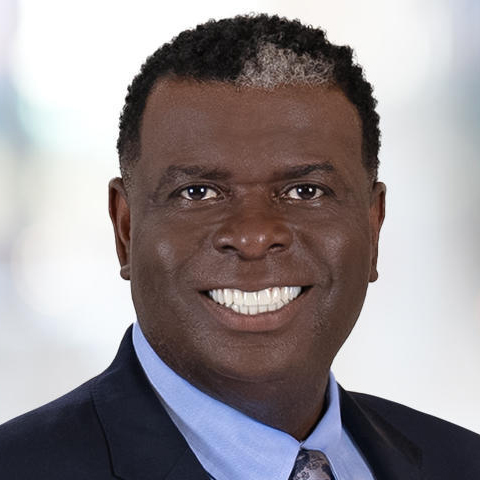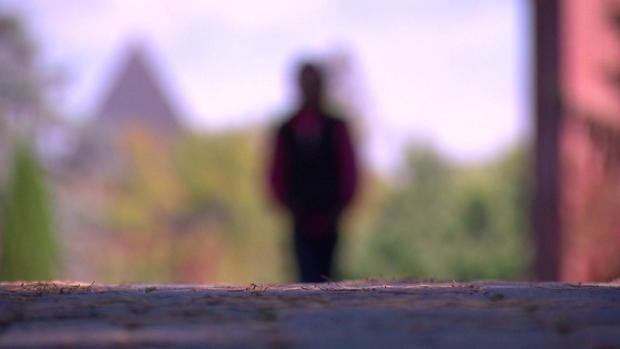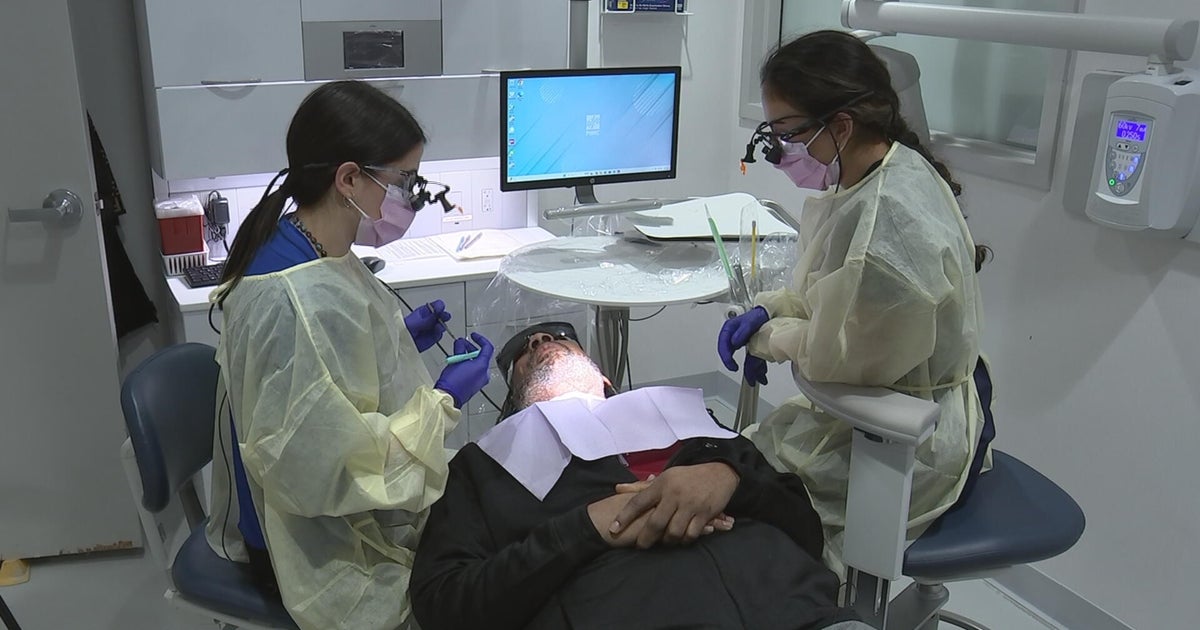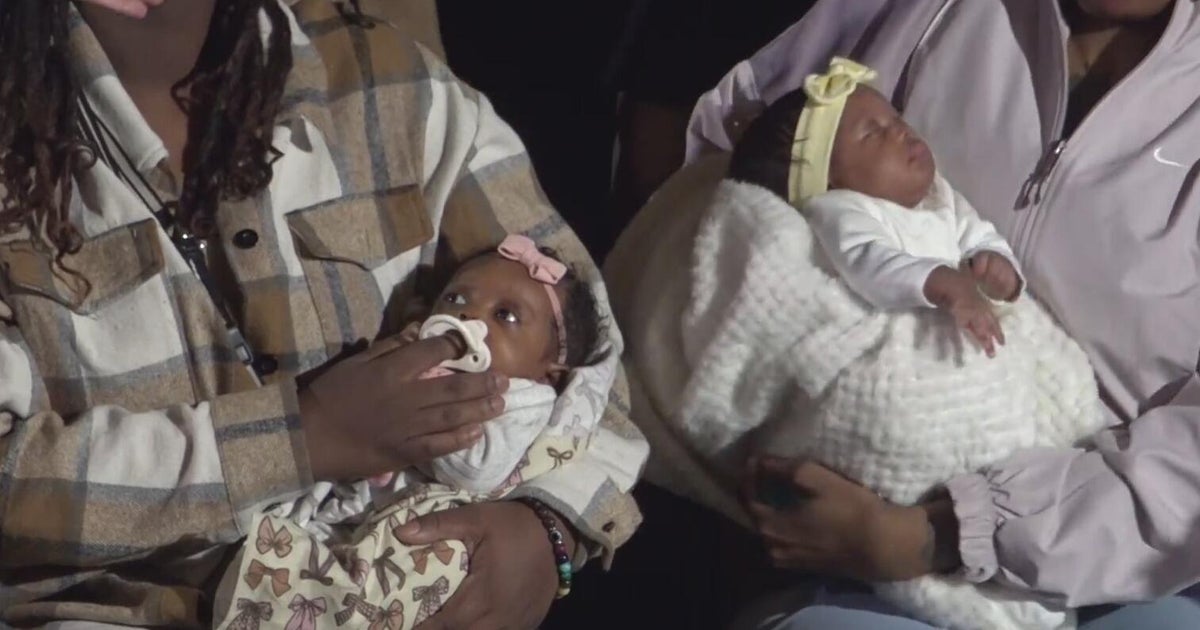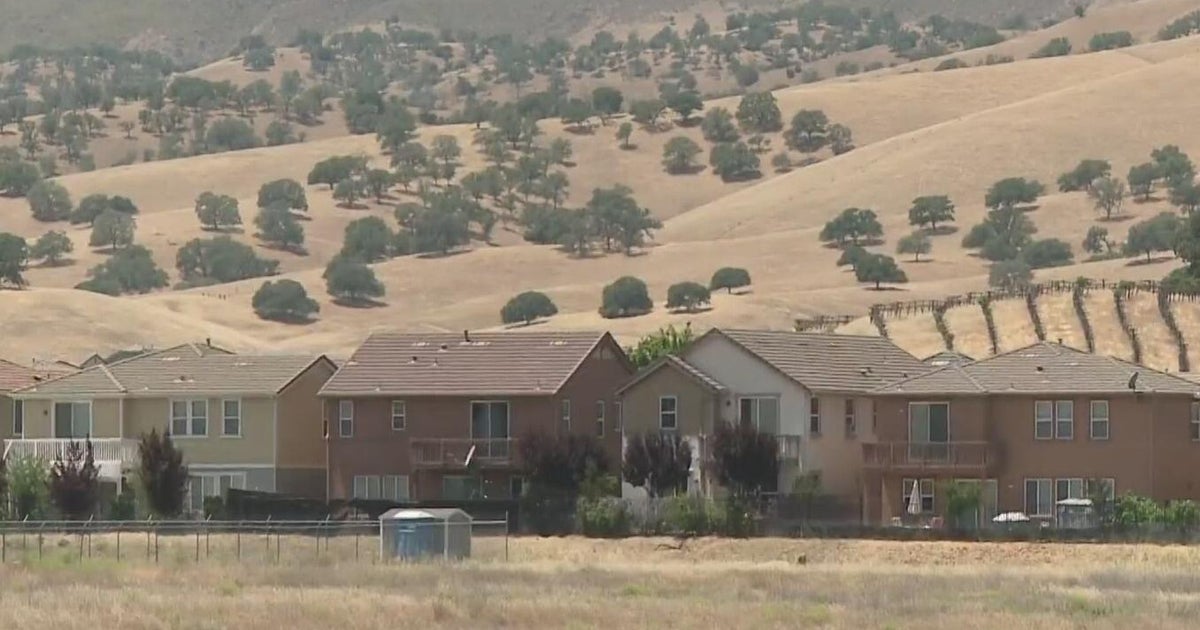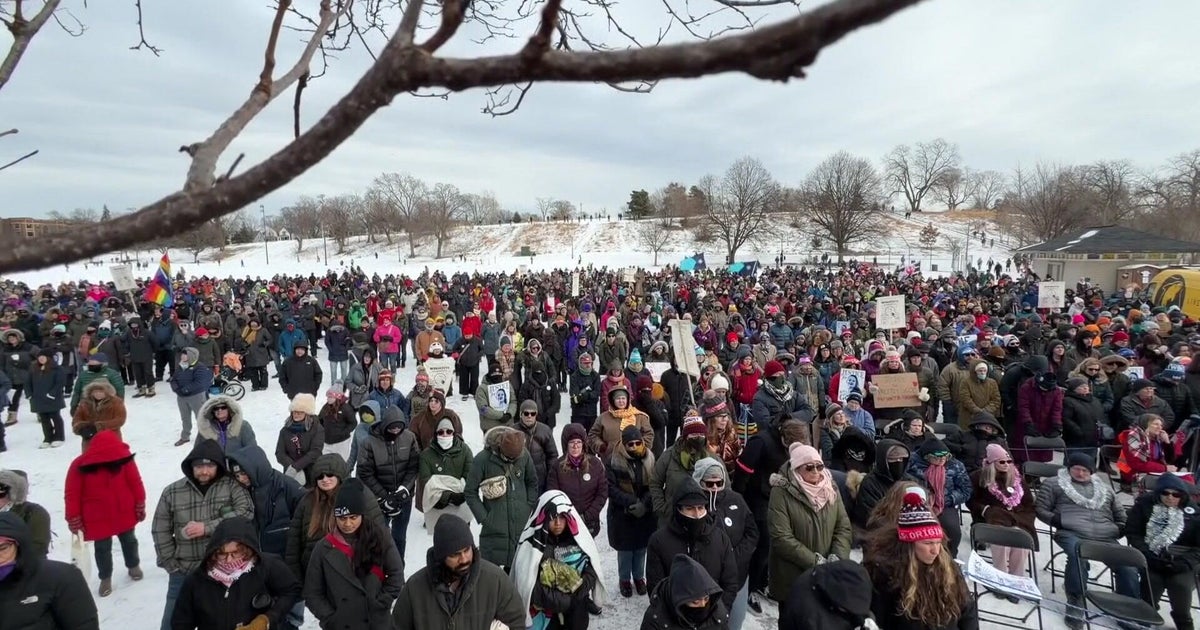"You don't have to struggle alone": Health care providers highlight resources during Suicide Prevention Month
MINNEAPOLIS — Money problems, relationship issues, housing instability are all things that can lead to a crisis situation for many.
September is Suicide Prevention Month, and health care professionals are trying to eliminate the stigma associated with asking for help.
Kara Hirdman is a senior public health specialist.
"Everybody needs to find some way of feeling supported and acknowledged and know that their lives matter," Hirdman said.
RELATED: A year with the 988 Suicide and Crisis Lifeline: What worked? What challenges lie ahead?
She knows all too well why it's important to help others who are not well.
"I personally know four individuals who have committed suicide. One of which is my uncle, Paul Lee," she said.
Her uncle dealt with mental illness for years.
"The evening of Christmas Eve, he went to Fairview Hospital, they didn't have a bed for him," she said.
Since his death by suicide, Hirdman has made it her mission to help others.
According to the Minnesota Department of Health, 58 people have died by suicide so far this year. That's the most since 2019, when 72 people died by suicide.
Jihan Ali works for COPE. Staff there help people out of crisis mode and get them back to living their lives.
"You don't have to struggle alone, you don't have to suffer alone. We're here to partner with you and to help support you," Ali said. "We're doing a risk assessment, we're doing a safety assessment, and then we're partnering with you to figure out what the best next step is, how can we keep you safe."
RELATED: New research at U of M measures brain waves to detect depression, suicide warnings
COPE provides immediate support to address stressors to resolve crises.
"We want to help you before things escalate to you needing to go to the hospital or calling 911, for you and for your family member," Ali said. "And you don't have to have a mental health diagnosis. That's [why] we don't say 'mental health team.' We'll say 'crisis' because anyone can be in crisis."
Last year, there were 685 reports of self-inflicted injuries in Minneapolis emergency room visits. Hennepin County hopes all the resources available will lead to a decrease in the need for those visits.
If you or someone you know needs help, call 988. There are people there to listen and talk to you, and to offer the appropriate help every day, all day.
